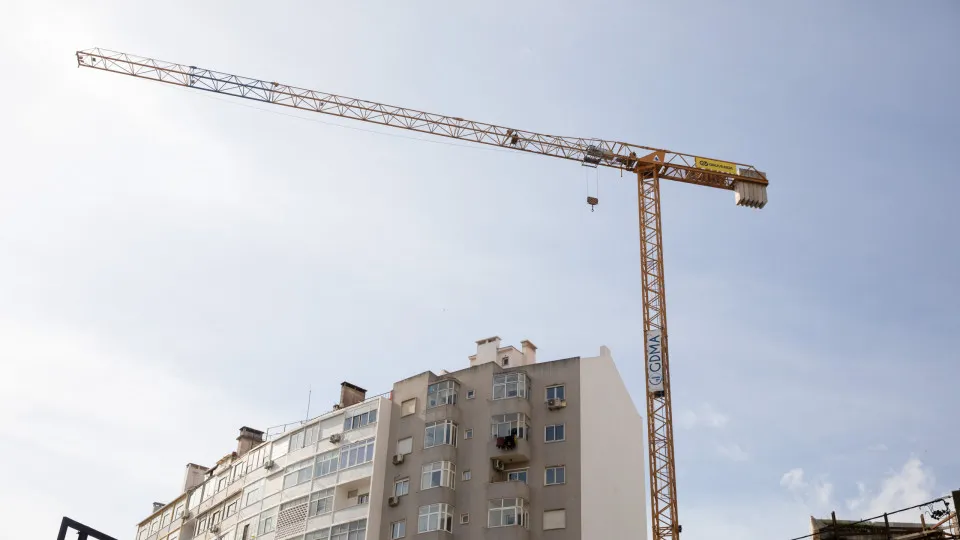“We believe in the system that is now implemented and will make it more effective. We acknowledge that those initial results were not exactly what we expected, but we believe in the system and it will eventually work. If it is necessary to recalibrate this system, the Government will certainly do so,” said Carlos Abreu Amorim.
Business confederations and associations across various economic sectors had highlighted the need for Portugal to welcome around 100,000 workers annually to address labor shortages. However, under the so-called ‘green lane,’ agreed upon between the government and business leaders in April, only 800 work visas were granted under the new rules.
“Recalibrating is reanalyzing this situation, but we believe in the virtues of this system,” stated Abreu Amorim, expressing openness to any “constructive suggestions,” particularly from the PS.
The government official also noted that the policy of the executive led by Luís Montenegro in revising labor laws “takes those labor needs into account,” but acknowledged that sometimes “it takes time for the engine to warm up.”
The ‘green lane’ for granting work visas involves the cooperation of the General Directorate of Consular Affairs and Portuguese Communities (DGACCP), the Agency for Integration, Migrations and Asylum (AIMA), the Border and Foreign Coordination Unit of the Internal Security System (UCFE/SSI), and the Institute for Employment and Professional Training (IEFP).
The aim is to grant such authorizations within 20 days to citizens from other countries who are interested in and sought by employers to work in Portugal.
The interested business associations must have at least an annual turnover equal to or greater than 250 million euros and a minimum of 30 members.
Individual companies, in addition to having a staff of 150 or more workers and a minimum turnover of 20 million euros per year, must not have any debts to the Tax Authority or Social Security to benefit from this ‘green lane’ for hiring foreigners.




